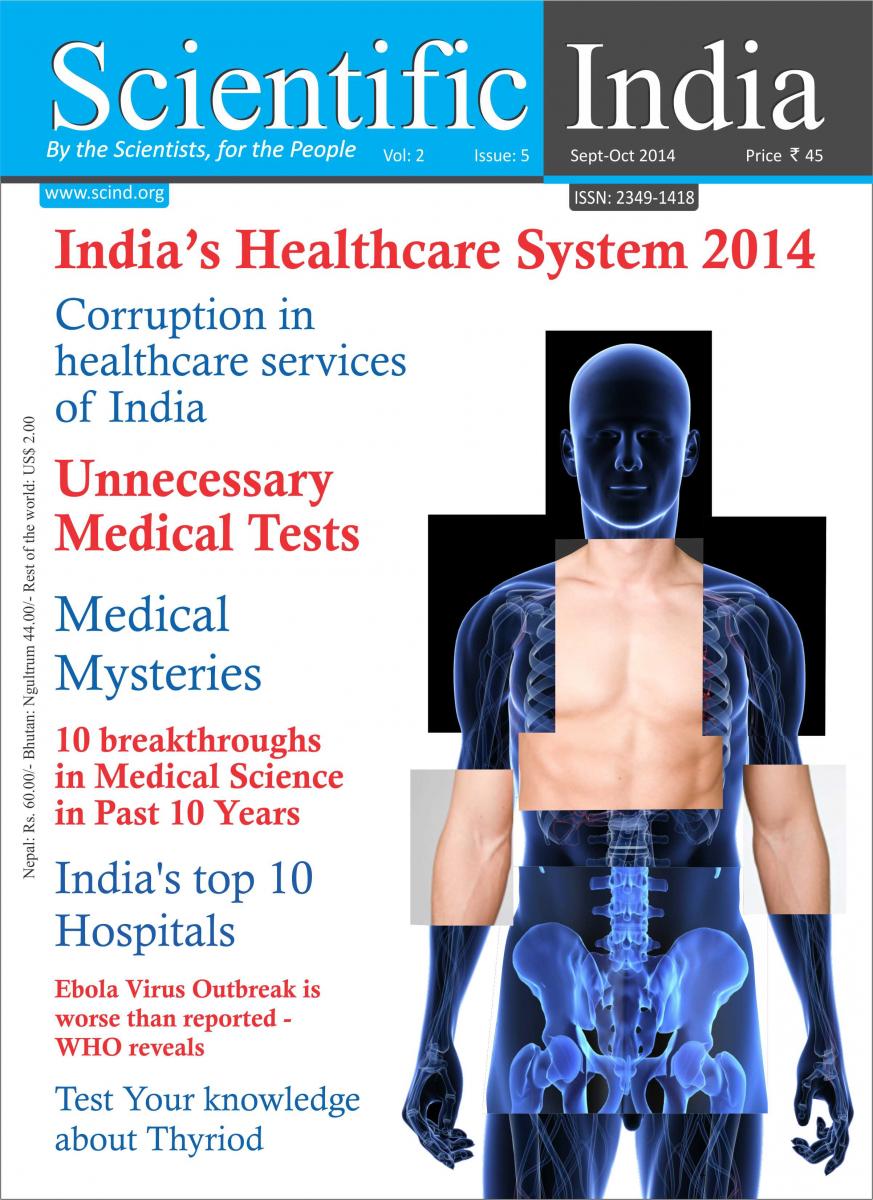Wetland Assessment For Land Cover Changes Using Gis In Chandubi Lake, North East India

M/s Akone Services, Paschim Vihar Colony, Mohan Road, Lucknow-227107 (UP) India
Wetlands are one of the most productive ecosystems on earth delivering a bouquet of ecosystem services from microclimate regulation to maintenance of biodiversity. The degradation of freshwater ecosystems especially the wetlands has been a global issue. The causal factors behind such degradation are multifarious and calls for sustainable approaches for long-term mitigation. The current study site, Chandubi lake is situated in Rabha Hasong Autonomous Council, Kamrup district in Assam and one of the most prolific wetland sites of North-east India with significant ecological wealth. The decadal degradation of the wetland is prominent but very few scientific investigations have been documented from the area. The current study deals with the gradual degradation, impact and sustainable development challenges of Chandubi Wetland with the aid of remote sensing approaches. Land use and land cover changes were observed using Landsat 8 and Landsat 5 data across 2011 and 2020. Over-exploitation of wetland resources and siltation were reported as the major drivers of such changes with direct and specific impacts on both ecosystem services as well as livelihoods. Depletion of natural resources such as fish stocks and fodder were also identified. The tourism opportunities also suffered a loss due to environmental degradation in the area. These conservations call for urgent need for a comprehensive participatory management plan incorporating the sustainable developmental goals for environmental management and restoration of health of the wetlands.
